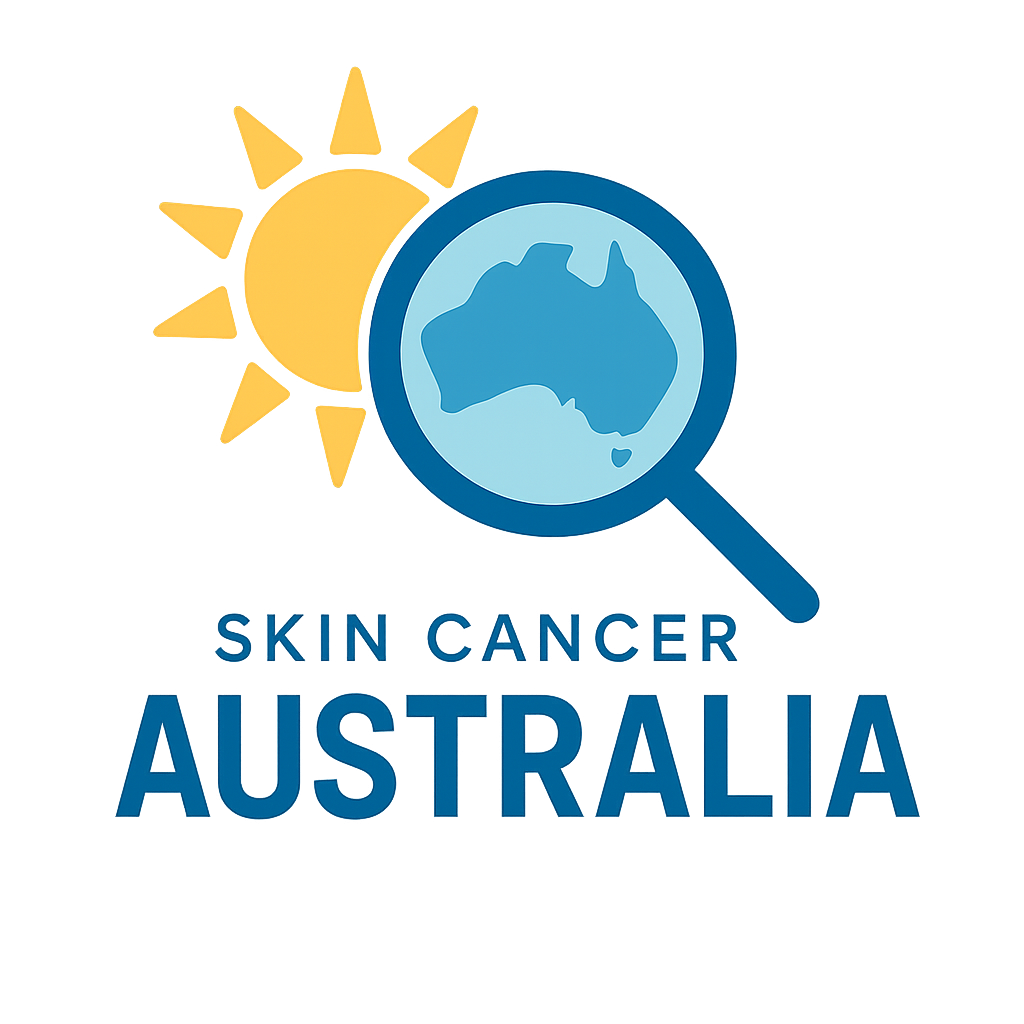Unproven Cancer Treatments: False Hope, Real Risks
Australia has the highest incidence of skin cancer in the world. With public health campaigns encouraging early detection and awareness, the importance of professional skin cancer screening in Melbourne cannot be overstated. However, alongside advances in evidence-based care, there has been a rise in unproven cancer treatments. These alternatives often promise miraculous results without scientific backing—posing serious risks to patients.
What Are Unproven Cancer Treatments?
Unproven cancer treatments are therapies that have not been scientifically validated through controlled clinical trials. They often fall under labels like “natural,” “alternative,” or “complementary” and are promoted via anecdotal testimonials rather than evidence.
Common examples include:
-
High-dose vitamin supplements
-
Herbal detoxes
-
Restrictive diets
-
Black salve and topical pastes
-
Energy healing or spiritual therapies
These approaches are often presented as safer or more holistic than conventional treatments. But for patients with cancers—especially skin cancers like melanoma—such detours can be deadly.
Research Shows: They Don’t Work—and They Harm
A study by Cassileth and Brown investigated cancer patients who refused or delayed conventional treatment in favour of unproven therapies. The results were clear: these patients had significantly poorer outcomes, with many dying from their cancer within months. Choosing alternative methods instead of validated care shortened survival times and often led to unnecessary suffering.
Another study reviewed the experiences of hundreds of patients using unorthodox therapies. It found not only a lack of benefit, but also frequent cases of complications, treatment delays, and even accelerated disease progression.
These studies underline that turning away from proven medical treatments comes with grave risks.
The Danger of Delay
Melanoma, one of the deadliest forms of skin cancer, is highly treatable when detected early. The longer it goes undiagnosed or untreated, the more likely it is to spread. This is why skin cancer checks, mole removal in Melbourne, and sun spot removal services offered at accredited clinics are so critical.
According to Australian dermatologist Professor Rodney Sinclair, many deaths from melanoma in Australia could be avoided if GPs conducted appropriate skin checks. He argues that systematic screening—such as the one implemented in Germany’s SCREEN project—could significantly reduce mortality.
Why Do People Turn to Unproven Therapies?
Despite the risks, people often turn to alternative cancer treatments for a variety of reasons:
-
Fear of chemotherapy or surgery
-
Distrust in conventional medicine
-
Cultural beliefs or spiritual motivations
-
Influence from friends, family or social media
-
Desire for control during a vulnerable time
Unfortunately, these treatments are not only ineffective but can delay access to therapies that have the potential to cure or significantly extend life.
Red Flags to Watch For
Patients should be cautious of any treatment that:
-
Claims to cure all cancers
-
Is promoted based solely on testimonials
-
Lacks peer-reviewed scientific evidence
-
Urges patients to avoid conventional medicine
-
Promises dramatic results with no side effects
If it sounds too good to be true—it probably is.
The Importance of Trusted Skin Cancer Clinics
In Melbourne, patients can access world-class care through established skin cancer clinics that offer:
-
Thorough skin cancer screening
-
Dermatoscopy for detailed lesion examination
-
Professional mole and wart removal
-
Monitoring of high-risk individuals using medical photography
These services are backed by science and delivered by trained practitioners who understand the seriousness of skin cancer and the importance of early intervention.
Final Message
Unproven cancer treatments often sell hope but deliver harm. For Australians, especially those at risk of skin cancer, the safest choice is to rely on proven medical care. If you notice a new or changing lesion, don’t delay—book a professional skin cancer check today.
References
-
Cassileth BR, Lusk EJ, Strouse TB, Bodenheimer BJ, Grabstald H, et al. (1998). Contemporary unorthodox treatments in cancer medicine: A study of patients, treatments, and practitioners. The Lancet. https://pubmed.ncbi.nlm.nih.gov/9695201/
-
Cassileth BR, Lusk EJ, Walsh WP. (1999). Unorthodox cancer treatments. CA: A Cancer Journal for Clinicians. https://pubmed.ncbi.nlm.nih.gov/10650891/
-
Sinclair R. (2012). Skin Checks. Australian Family Physician, Vol. 41, No. 7, pp. 464–469. https://www.racgp.org.au/download/Documents/AFP/2012/July/201207sinclair.pdf
